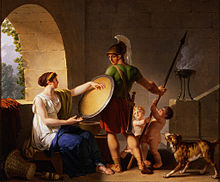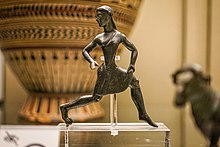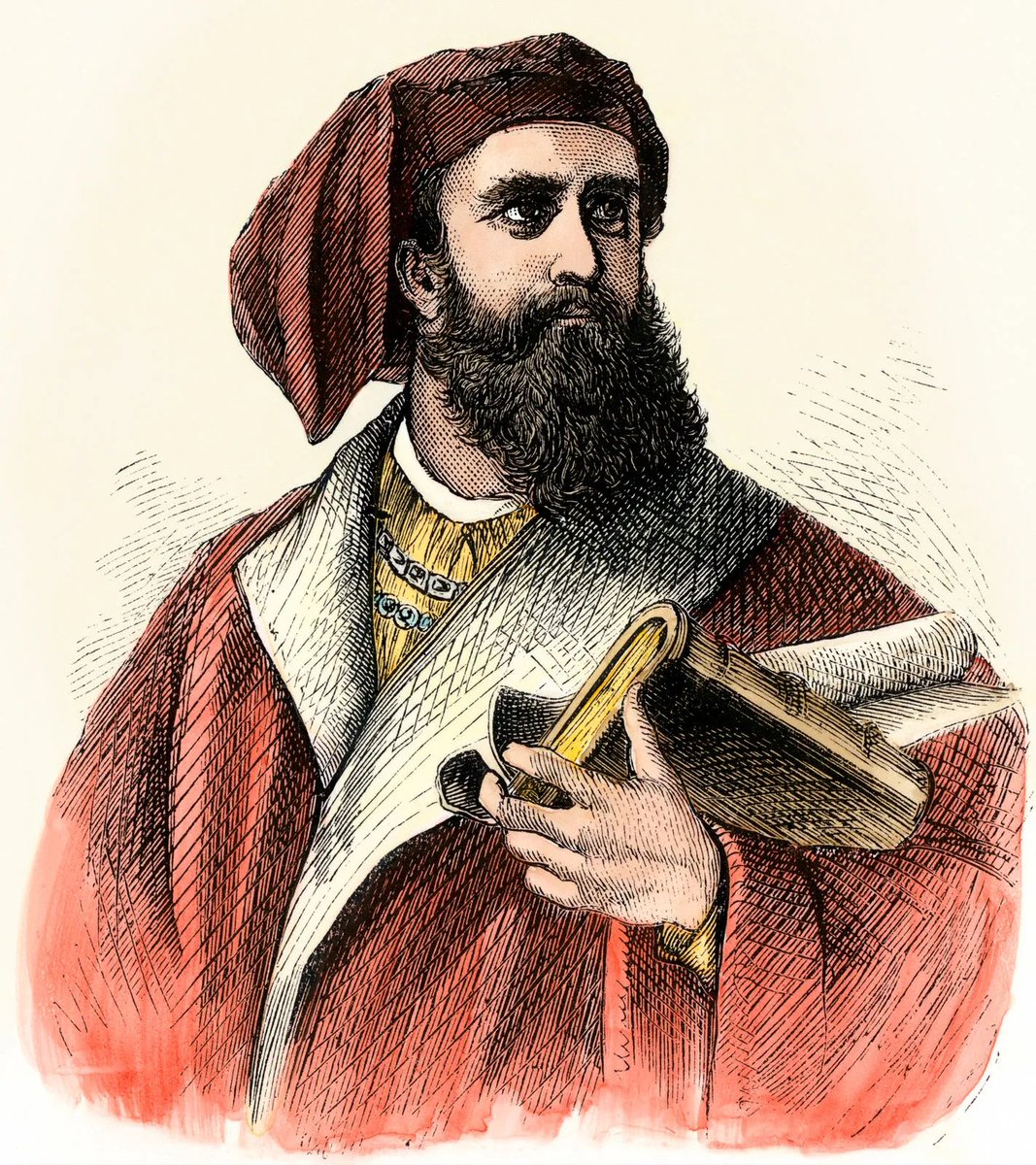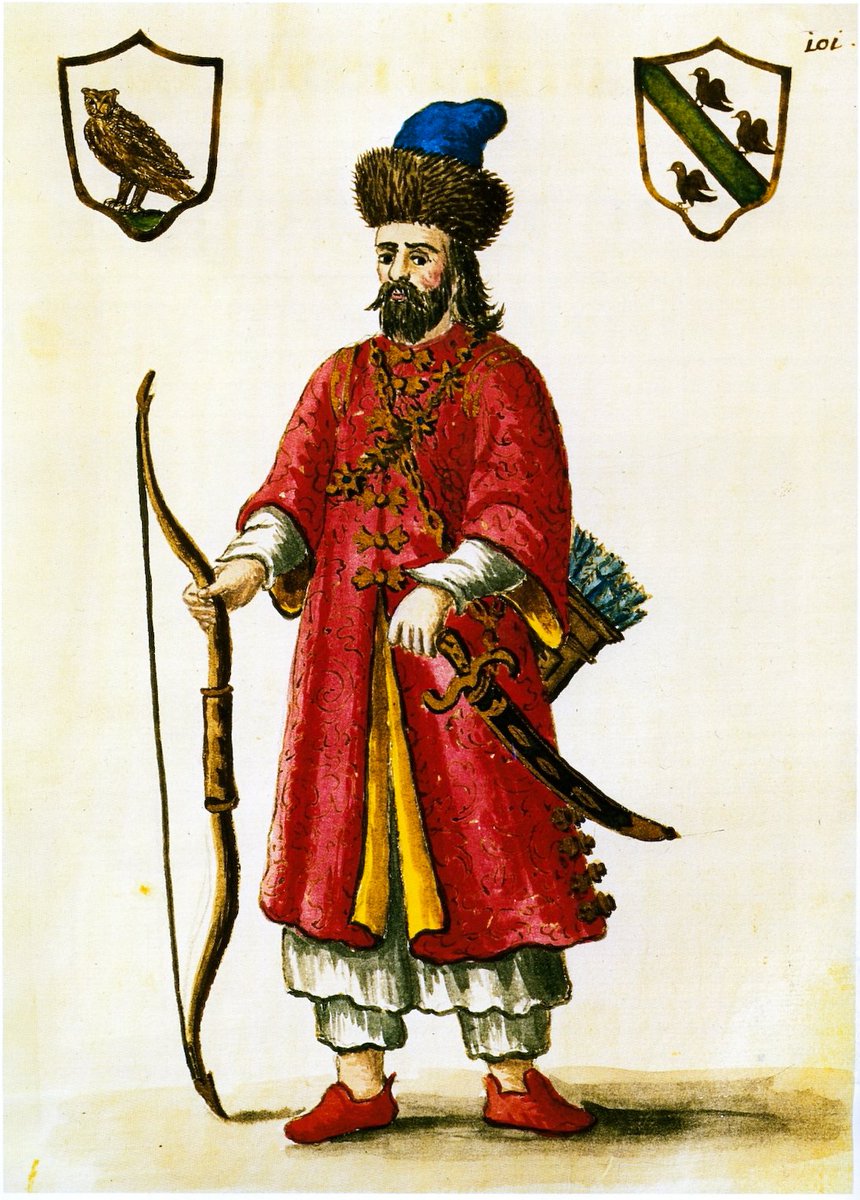
Women empowerment in Sparta:
Sparta was a prominent city-state in Laconia, a region located in Ancient Greece.
Sparta was a prominent city-state in Laconia, a region located in Ancient Greece.

However, one of the most important aspects of its success is that during a time when the world began to curtail women, Sparta held women in high positions and made sure that they held property, and contributed to the Spartan economy. 

Because Spartan men were often absent from the city-state during wars, including the city's two kings. Women were required to hold higher positions to help govern the city. 

This also helped women gain property in the form of land or slaves. In around 490 BC, when Sparta was involved in many wars, the wealth of women continued to grow as husbands, fathers and sons would leave their belongings to women when they were out on the battlefield. 

Unlike other civilizations where women were thought to be futile from a young age, Spartan girls had important duties and were supposed to defend Sparta with their lives just like the men out on the battlefield waging war. 

They lived in their homes with their mothers, as they attended school. Their curriculum included music, art, dance, reading, writing and a variety of sports including javelin and horseback riding. 

Spartans believed that strong women were important in the society because only they will give birth to strong children who would serve Sparta as soldiers. 

In fact, the Spartans had a rule that only men who gave their lives on the battlefield and women who died in pregnancy would be granted tombstones. In the eyes of the Spartans, they died so Sparta could live. 

#WorldHistoryin3Points #MoreWorldHistoryin3Points #ZacSangeeth
To dive into more interesting topics in history buy my books at amzn.to/3nxOCfY
To dive into more interesting topics in history buy my books at amzn.to/3nxOCfY
To learn more fun history
Follow me on Instagram - bit.ly/3vLrCyx
Subscribe to me on YouTube - bit.ly/3zXlVjz
Follow me on Instagram - bit.ly/3vLrCyx
Subscribe to me on YouTube - bit.ly/3zXlVjz
@HachetteIndia @DeepintoHistory @HachetteIndia @whencyclopedia @Britannica @TED_ED @HISTORYTV18 @MuseumSecrets #sparta #Spartans #SpartanNation #womenempowerment #AncientGreece #HistoryofSparta
@threadreaderapp unroll
• • •
Missing some Tweet in this thread? You can try to
force a refresh



























